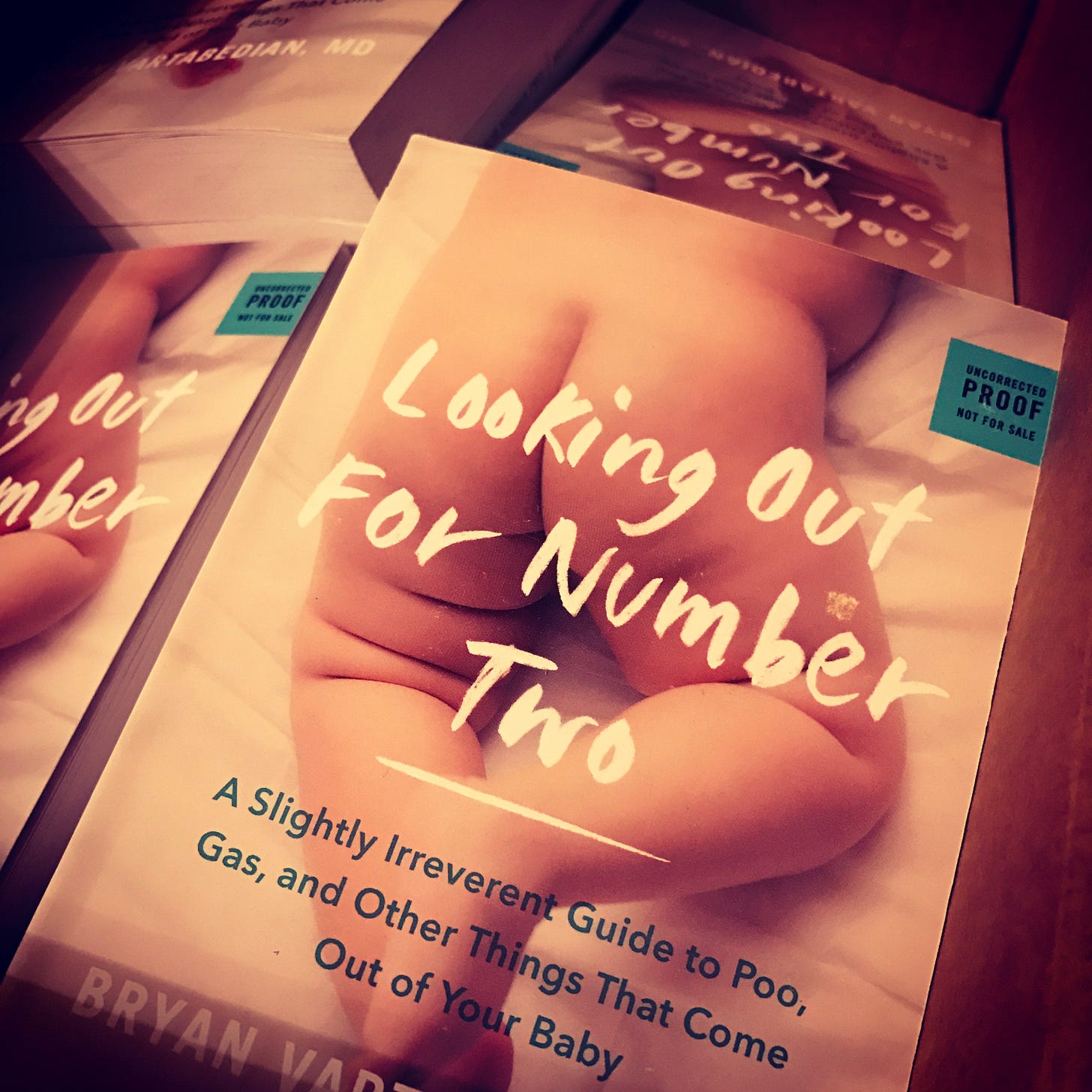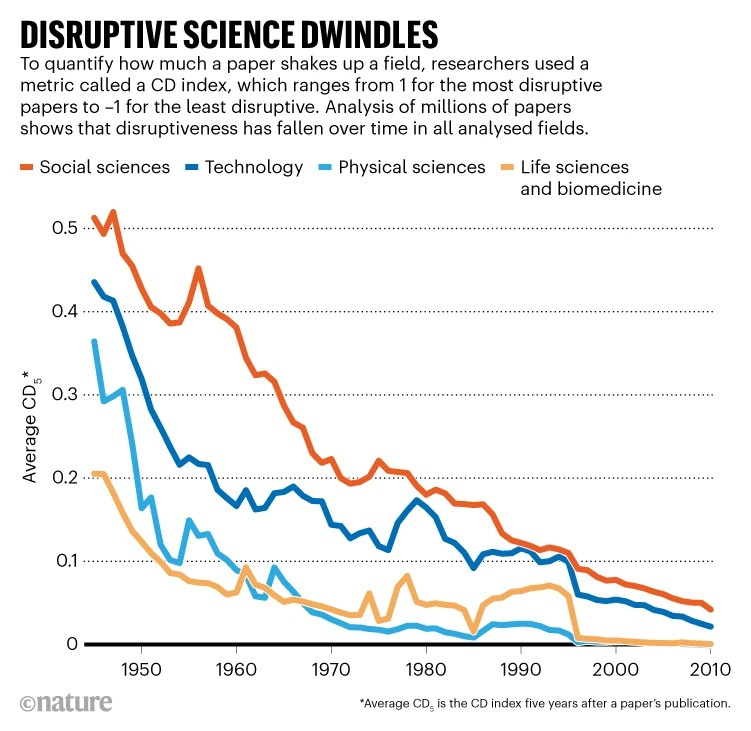Thanks for being a subscriber. These are few of the interesting things I stumbled on this week.
Chairs of surgery gone wild
From the annals of maligned physician behavior on social media was this tweet from an unnamed surgical chairman. Can you imagine if you saw this appear in your feed after your spouse or mother’s surgery? …Grandstanding around what’s such a stressful event for patients and families.


So when discussing clinical matters use the PRIP Criteria.
Privacy. Is the privacy of the patient protected? While US law mandates that a patient’s story should never be identifiable to another individual, the trickier question comes when a patient experience is de-identified to the world, yet still potentially identifiable to the patient. If a story cannot be fictionalized or de-identified to the patient involved, that person either needs to be asked for permission or the case shouldn’t be used in public.
Respect. Does your use of the experience respect the patient? What if this case or story were shown to the patient involved? How would they feel about it?
Intent. What are you trying to do? Is the intent to demonstrate or show a point that has real value to other physicians? Or is the intent to create an amusing experience for your peers?
Perception. How will this look? While your intent may be good, how your presentation of the story is potentially perceived by other professionals or the public is an important consideration.
So this guy misses all the boxes. If you want to reference the PRIP Criteria you can find the original reference here.
Digital front doors that lead to nowhere
The start of the new year brought us the Consumer Electronics Show and the JP Morgan Healthcare Conference. More evidence of the billions being poured into short-term solutionism. An insightful reminder in StatNews that more transactional widgets won’t fix healthcare.
All these investments, deals, and partnerships tout convenience. It’s the right impulse. But in 2023, convenience is not enough. If a solution is not transformational, addressing the U.S. health care system’s big and small problems at scale, there’s no room for it.
CES startups see a future in digital stool gazing
… and it seems the brightest minds in Silicon Valley are tackling our greatest threats. Heart rate, steps and EKG are yesterday’s news, apparently. A new generation of startups showcased at the Consumer Electronics Show is inching toward full-on medical grade analysis. Special Zone Master, for example, promises to analyze stool shapes and color, record the time and frequency of your bowel movements and detect the presence of blood as well.
And I thought I had this covered in my global blockbuster, Looking Out for Number Two.
Designer home health equipment
In related news, home health is getting an upgrade. Check out the bedside urinal designed to look like a flower vase. This actually makes some sense since medical equipment traditionally looks like it was designed for use in an eastern bloc communist country.
Digital booklash
I’m not sure why but I find myself drawn more and more to the tactile experience of paper, but I’m spending more time reading paper books. It was interesting to read about Barnes & Noble’s comeback — opening new stores this year. Smaller footprint anticipated.
ChatGPT fools scientists
An artificial-intelligence (AI) chatbot can write such convincing fake research-paper abstracts that scientists are unable to spot them. Sandra Wachter, who studies technology and regulation at the University of Oxford, UK, “…we’re now in a situation where the experts are not able to determine what’s true or not.”
MIT Tech Review’s 10 breakthrough technologies for 2023
The Tech Reviews roundup is interesting. And the navigation of the article is worth a look. Beautiful. My fav: #6, organs on demand.
Machine learning to identify long COVID in EHRs
Researchers used machine learning to identify cases long covid on the basis of EHR data. We thus effectively ‘teased out’ patterns in the clinical heterogeneity of long COVID, which could potentially inform future research on the disease mechanisms of long COVID, treatment development and public health policymaking.
Disruptive science plummets
The number of research papers published has skyrocketed over the past few decades — but the ‘disruptiveness’ of those papers has dropped, according to an analysis of how radically papers depart from the previous literature.
The authors account for the drop due to changes in the scientific enterprise — More scientists, more papers and more pressure to publish. The purpose of scientific publishing has evolved. This makes sense.
An interview with the guy hoarding all your information
Eye-opening interview with Chad Engelgau, CEO of Acxiom, one of the world’s biggest collectors of consumer information. The company has granular details on more than 2.5 billion people across 62 different countries. And he’s got you number(s).
Gizmodo: Is it possible to keep your data away from the data broker industry, or is it impossible?
Engelgau: I think it’s generally a fact of modern life….
Digital exhaust
Telehealth is filling gaps in sexual assault care.
El Pintador — Cool art generating AI for iOS that I like.
How to use your phone to find hidden cameras in your space.
Living with invisible illness.
How often should you update your headshot?






